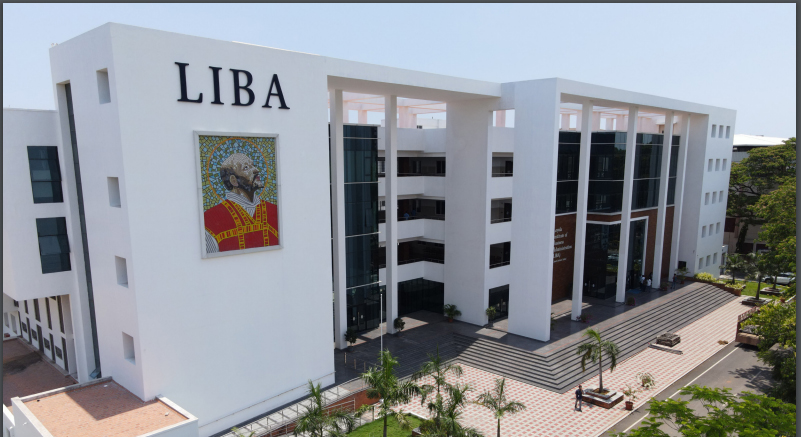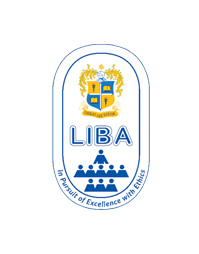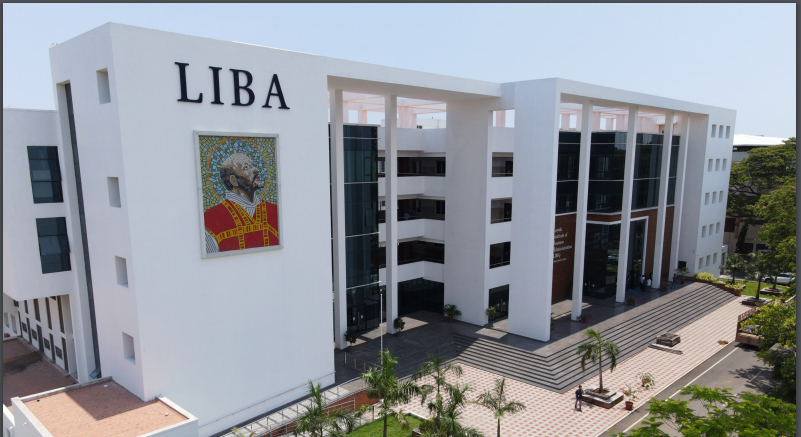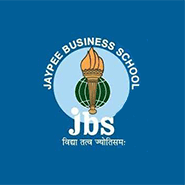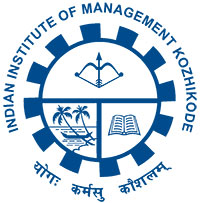This new curriculum is based on the principle of what we intend students to become after two years of learning, both in academic and co-academic realms. Becoming is the focus, not merely knowing ideas and concepts. To become a person, one needs to know what she/he is at present – being. Understanding of the state of being at present and desire to become something else are the two elements of learning and formation at LIBA.
First, a student is asked to identify the gap in the learning process. There is a gap between what one is and what she/he desires to become. This gap is identified by discernment in which the student becomes aware of inner motivations, movements and intentions and recognize efficiencies and deficiencies. For this, the student will be exposed to different activities and experiences to discern his/her future, what she/he wants to become and how that becoming would contribute to his/her own life and to the wellbeing of the society. Second, once she/he comes to a grip of what she/he is and what she/he intends to become, learning is structured and planned in terms of choosing an approach to learning, evolving the foundations of learning and designing a framework for Teaching-Learning-Assessment (TLA). The foundational Philosophy is to understand and learn about the ‘hungers’ and ‘desires’ of the learners and develop a curriculum for an integrated development of the person as a whole. The core of the entire management education lies in gaining a great clarity about what and how an institute like LIBA intends to help and guide the students to become different and make a difference in the lives of people in the society. All starts from what the consumers want and need that directs the kind of products and services to be produced and developed. These products and services have to be marketed and sold to satisfy the consumers (Marketing). Students have to understand the markets and develop selling skills to bring value and returns to the consumers (Finance). Supply chain and operations to reach the products and services should be understood by the students (Operations) and they should be accompanied in their learning of the role logistics and supply chain plays in the entire process. More than ever now, technology and analytics enhances the competitiveness of the business enterprises. Today technology, particularly Artificial Intelligence (AI), Machine Learning (ML), Blockchain (BC), and other related areas must be introduced to the students. In LIBA, students do not write conventional exams. There are no mid-term or end term exams. We assess the learning by using the strengths of the students: “Singers must be tested on singing, and dancers must be tested on dancing.” Instead, there is a Formative Assessment in which every session ends with an assessment of learning.
|
Term 1 |
Term 2 |
Term 3 |
|
Basic Financial Accounting |
Economic Environment of Business |
Cost and Management Accounting |
|
Computer Applications |
Financial Management I |
Financial Management II |
|
Communication- I |
Government, Social and Business Environment |
Human Resource Management |
|
Managerial Economics |
Marketing Management II |
Management Information Systems |
|
Marketing Management I |
Managing Operations |
Ethics – II |
|
Organisational Dynamics |
Organizational Behaviour – I |
Organisational Behaviour II |
|
Quantitative Techniques I |
Quantitative Techniques II |
Research Methodology |
|
Ethics – I |
Communication – II |
Legal Environment of Business |
|
Summer Project |
